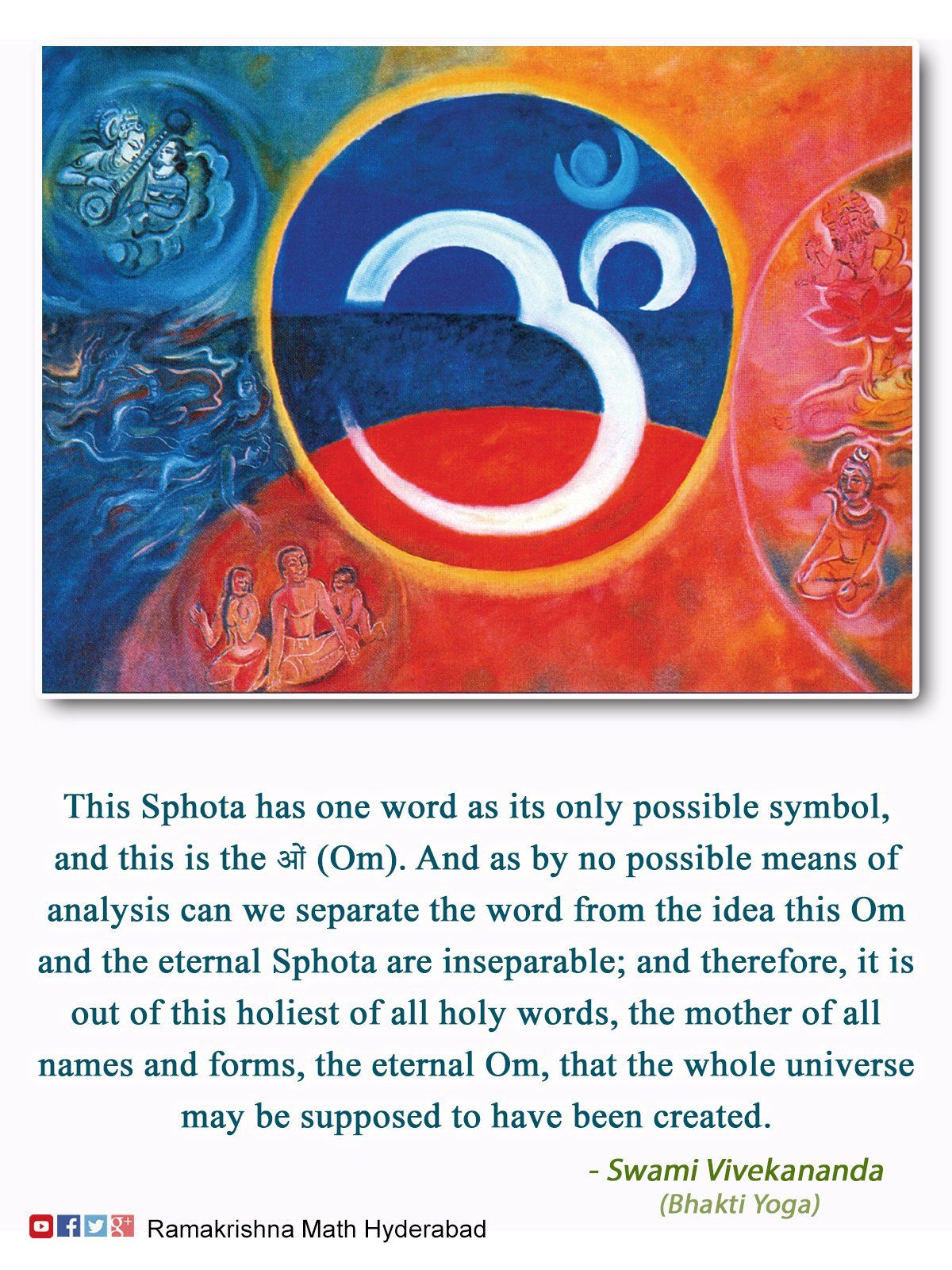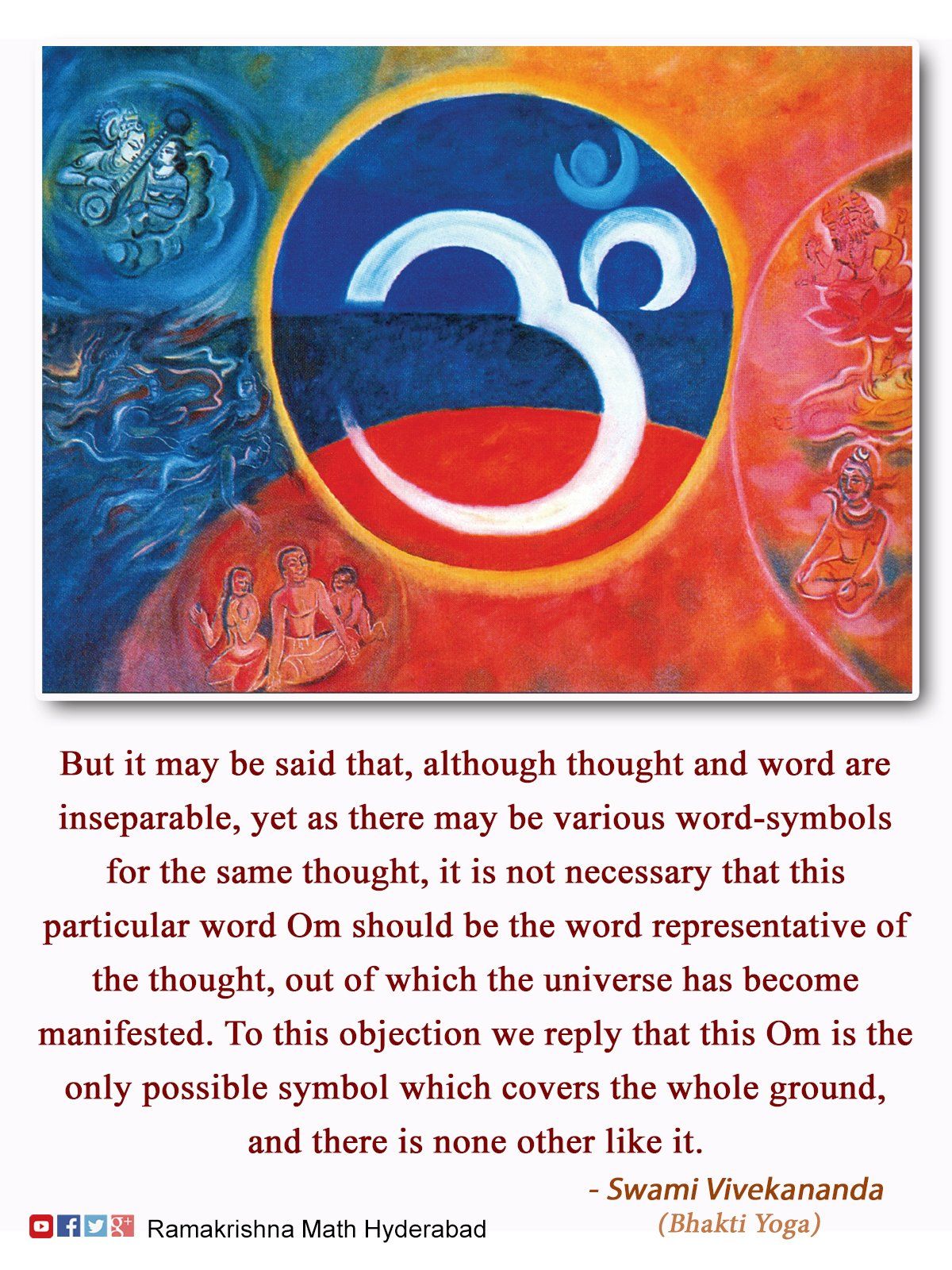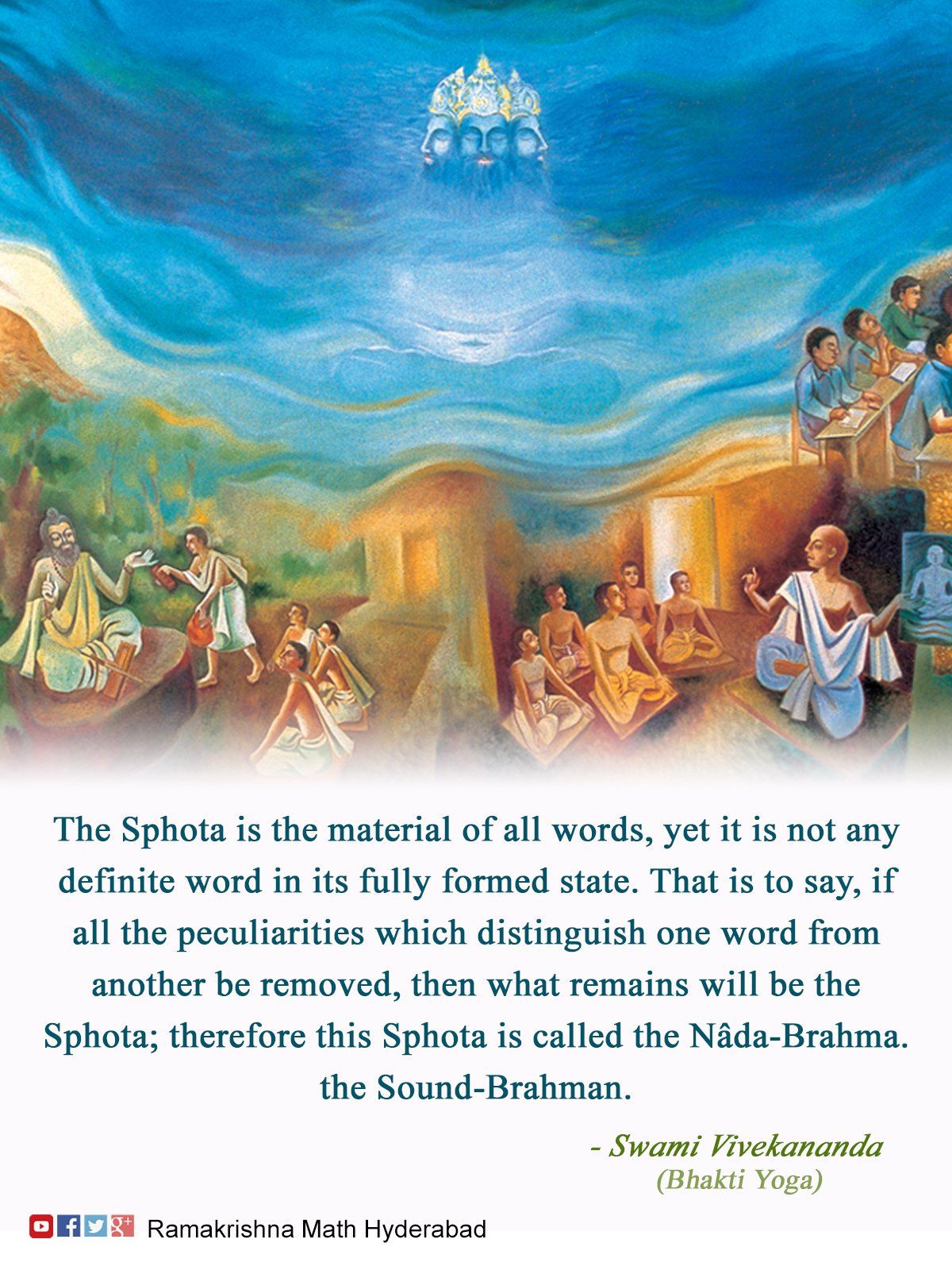meditation 106

Eternal,
majestic,
causeless,
all-pervading,
Almighty Lord –
Without interruption
meditate
on the meaning
of those words.
You attain
the desired object.
Notes:
One's language influences one's philosophy.
To wit, Hugh Kenner aptly observes the following:
One senses that Hegel was possible only in German, and finds it natural that Locke, in a language where large and red precede apple should have arrived at the thing after sorting out its sensory qualities, whereas Descartes, in a language where grosse et rouge [large and red] follows pomme [apple] should have come to the attribute after the distinct idea.
Philosophy of language also influences philosophy in general, and the grammarian Bhartṛhari's philosophy of language influenced Kashmir Shaivist thought.
Bhartṛhari considers Shabda Brahman (śabda-brahman) as both the material and the efficient cause of the world. This assertion is intimately entwined with his concept of a dynamic Absolute, one in which various powers (śaktis) are inseparably active. For Bhartrhari, Shabda Brahman has an inner energy (kratu) that seeks to burst forth (sphut). And by doing so, manifold creation bursts into being:
This Shabda Brahman, who has been taught as the One, appears as many due to the multiplicity of his powers, who, not different than his powers, seem to be so. (Vākyapadīya, 1:2)
This verse asserts that by simply meditating on a phrase listing a multiplicity of Bhairava's powers – eternal, majestic, causeless, all-pervading, and almighty Lord – one will find them to be inseparable from their Divine source.
When the meaning-whole of the ensemble of the phrase's words describing the attributes of the Lord spurts forth, the meaning whole of the actual reality of the Divinity is thought to burst into being.

After all, in Bhartṛhari's philosophy, when the sattvic impulse of any word (such as eternal) is perceived in tranquility, it becomes possible for the word's semantic spirit to burst forth, eclipsing the word's sound (with all its variations of dialect and location in time and space).
Many of the verses in this scripture involve fadings.
As the phonological (sound) bodies of the words describing the Lord fade to nil, the fragrance of the phrase's spirit – its meaning whole – blossoms forth in fragrant bowls of luminous infinities.
Lakshmanjoo and Muju's original reads as follows:
Meditate without interrpution on the words, "Eternal, Majestic, Causeless, All-pervading, Almighty Lord." You attain the desired object.
For more on how one's language influences one's philosophy, see Hajime Nakamura's Ways of Thinking of Eastern Peoples: India, China, Tibet, Japan (Revised English Translation; East-West Center Press).
Bhartṛhari's concept of sphoṭa also variously influenced sibling Indian spiritualities.




